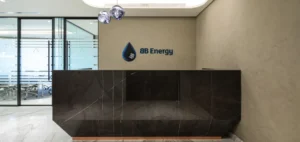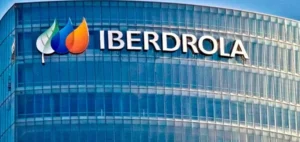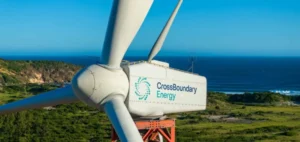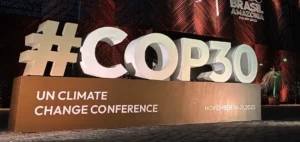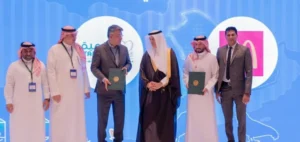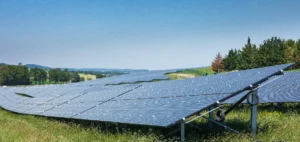Synhelion launches the construction of DAWN, the first industrial demonstration plant for the production of solar fuels.
Located in Jülich, Germany, this facility will be the first to demonstrate the entire process on an industrial scale. A process ranging from the concentration of sunlight to the production of synthetic liquid fuel. SWISS will then be the first airline to fly with locally produced CO2-neutral solar kerosene.
Synhelion relies on solar fuel
Synhelion’s solar fuels are a key project for this company. Solar fuels are produced by reversing the combustion process.
In 2019, a mini-refinery installed on the roof of ETH Zurich ran on solar heat. Since then, Synhelion has focused on scaling the technology and making it industrially viable.
Since then, Synhelion has made progress. It has taken a major step forward in the production of solar fuels on an industrial scale: the production of syngas.
DAWN will use all the innovations developed by Synhelion. It will also serve as a model for future commercial plants.
DAWN, an ambitious project
The plant is a key element in the hope of solar fuel production. It consists of a 20 meter high solar tower and a field of heliostats with a mirror surface of 1,500 m2.
Precise Heliostat field control technology is a success story for Synhelion. This technology ensures the optimal use of land resources and building materials.
The solar tower houses three innovations developed by Synhelion: a solar receiver, a thermo-chemical reactor and a thermal energy storage system that allows for cost-effective operation around the clock. The industrial demonstration plant will produce several thousand liters of fuel per year.
The fuels produced at the Synhelion site will be used to demonstrate different uses. SWISS will be the first airline to fly with Synhelion’s solar kerosene.
The planned future facilities will be larger than DAWN and will offer significantly more production capacity.
In addition, BMWK supports the construction and operation of DAWN. Thus, it is financing the project with 3.92 million euros. Later, the DAWN facility will be used primarily for research and development purposes.
Gianluca Ambrosetti, CEO and co-founder of Synhelion, comments:
“Our goal is to reach a production capacity of 875 million liters of fuel per year in future commercial plants by 2030.”





